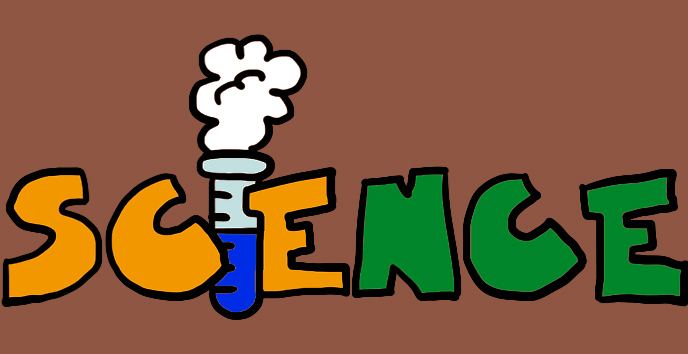Today, science, according to Wikipedia, in modern society plays an important role in many industries and areas of life. Undoubtedly, the level of scientific development may be one of the key indicators of social development, and this is certainly indicator of economic, cultural, civilized, educated, modern development of the country.
As the main functions of science in society, we note:
Cognitive function is defined by the very essence of science, the main purpose of which is the knowledge of nature, society and the individual, rational and theoretical understanding of the world, the discovery of its laws, explanation of a wide variety of phenomena and processes, the implementation of predictive activities, i.e. the production of new scientific knowledge.
Ideological function, of course, is closely related to the cognitive, the main objective is the development of a scientific outlook and scientific world, research of the rationalist aspects of man's relationship to the world, the rationale for the scientific understanding of the world.
Industrial, technical and technological function is designed for implementation in the production of innovations, new technologies and forms of organization, and others. Researchers speak and write about the transformation of science into a direct productive force of society and of science as a special "workshop" production, attributing scientists to productive employees.

Cultural, educational function lies primarily in the fact that science is a phenomenon of culture, notable factor of cultural development and education of people. Its achievements, ideas and recommendations significantly affect the entire educational process, the maintenance plans of programs, textbooks, on technology, forms and methods of teaching. Certainly, the leading role belongs to the pedagogical science here. This feature of science is being released through cultural activities and policies, the education system and the media, educational activities and other scientists.
The primary in understanding the nature of science is its impact on the person, on the system's interests, needs and opportunities for action in the organization of its existence and its perfection. Science is not something external to human nature, it is related to its very essence. The latter is expressed primarily in human needs. Human needs are very diverse: the vital (biological), social (membership of a particular group) and cognition. The last group of initial requirements constitute the ideal requirements of knowledge of the world and their place in it, the knowledge of the meaning and purpose of its existence on earth, by giving existing cultural values, as well as by discovery of a completely new and unknown to previous generations. Getting to know the reality, man seeks to understand the rules and laws that are subject to the outside world.
The need for recognition is an attribute of life. If you do not recognize the desire for knowledge as a basic human need, it will take a certain gap, support needs, including particularly aggressive will to power.
Satisfying and developing knowledge of the needs of people makes it possible to its comprehensive, holistic development. Science creates an ideal world, a system of ideas about the ideal world, anticipating this action. Thus, science is characterized by a number of complementary functions in the life cycle and personality, as we ass in society. In the overall assessment of the ideal world, the world of knowledge, special attention is paid to two aspects. First of all, it notes that involvement in research activities, introduction to the field of knowledge and increase of the overall human culture.